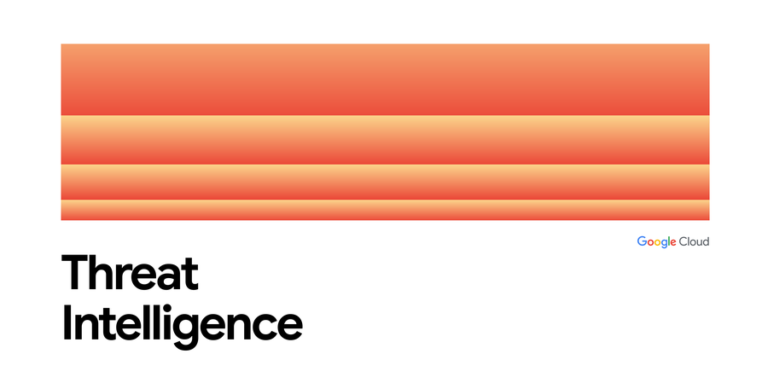In a concerning development for both consumers and cybersecurity professionals, Samsung has data breach. Recent reports confirm that a hacker successfully infiltrated Samsung’s systems and leaked sensitive customer data, including personally identifiable information (PII). This breach not only jeopardizes consumer trust but also highlights critical lessons for organizations across industries.
What Happened?
According to early investigations, the attacker exploited vulnerabilities in Samsung’s customer service infrastructure, gaining unauthorized access to internal databases. The stolen information reportedly includes customer names, email addresses, phone numbers, and in some cases, order details.
The attacker, whose identity remains unknown, posted a sample of the data on a popular hacking forum, claiming to possess over 10 million customer records. Samsung has acknowledged the breach and launched an internal investigation, stating that their security team is working closely with external cybersecurity experts and law enforcement agencies to determine the full scope of the incident.
Implications of the Breach
This data leak raises several concerns:
- Customer Trust Erosion: Breaches like this erode consumer confidence in a brand’s ability to protect their data.
- Financial Risks: Samsung may face legal and regulatory consequences, including potential fines under global data protection laws such as GDPR and CCPA.
- Reputation Damage: The long-term impact on Samsung’s brand reputation could be significant, affecting customer retention and investor confidence.
- Target for Future Attacks: Once a breach occurs, companies often become prime targets for follow-up attacks from threat actors exploiting perceived weaknesses.
Key Lessons for Organizations
At Summit Systems ISSP, we emphasize the importance of proactive cybersecurity strategies. The Samsung breach serves as a critical reminder of the following best practices:
- Routine Security Assessments: Conduct regular vulnerability scans and penetration tests to uncover weaknesses before attackers do.
- Zero Trust Architecture: Implement identity-based access control to ensure only authorized users can access sensitive systems.
- Employee Security Awareness: Human error remains one of the top causes of data breaches. Ongoing security training is essential.
- Incident Response Plans: Having a robust, tested incident response plan can mitigate the damage from data breaches and reduce recovery time.
- Third-Party Risk Management: Vendors and third-party platforms must be evaluated continuously for compliance and security integrity.
How Summit Systems ISSP Can Help
Cyber threats are evolving at an alarming pace, and even global tech giants are not immune. Summit Systems ISSP supports organizations by providing:
- Cybersecurity posture assessments
- Data protection and privacy compliance audits
- 24/7 threat monitoring and incident response
- Staff awareness training and phishing simulations
- NIST CSF 2.0 and ISO 27001 compliance consulting
As we observe the fallout from this incident, now is the time for organizations to reassess their cybersecurity frameworks. Don’t wait for a breach to expose your vulnerabilities—take action today.
Media Disclaimer: This report is based on internal and external research obtained through various means. The information provided is for reference purposes only, and users bear full responsibility for their reliance on it. Summitsystemsissp assumes no liability for the accuracy or consequences of using this information







